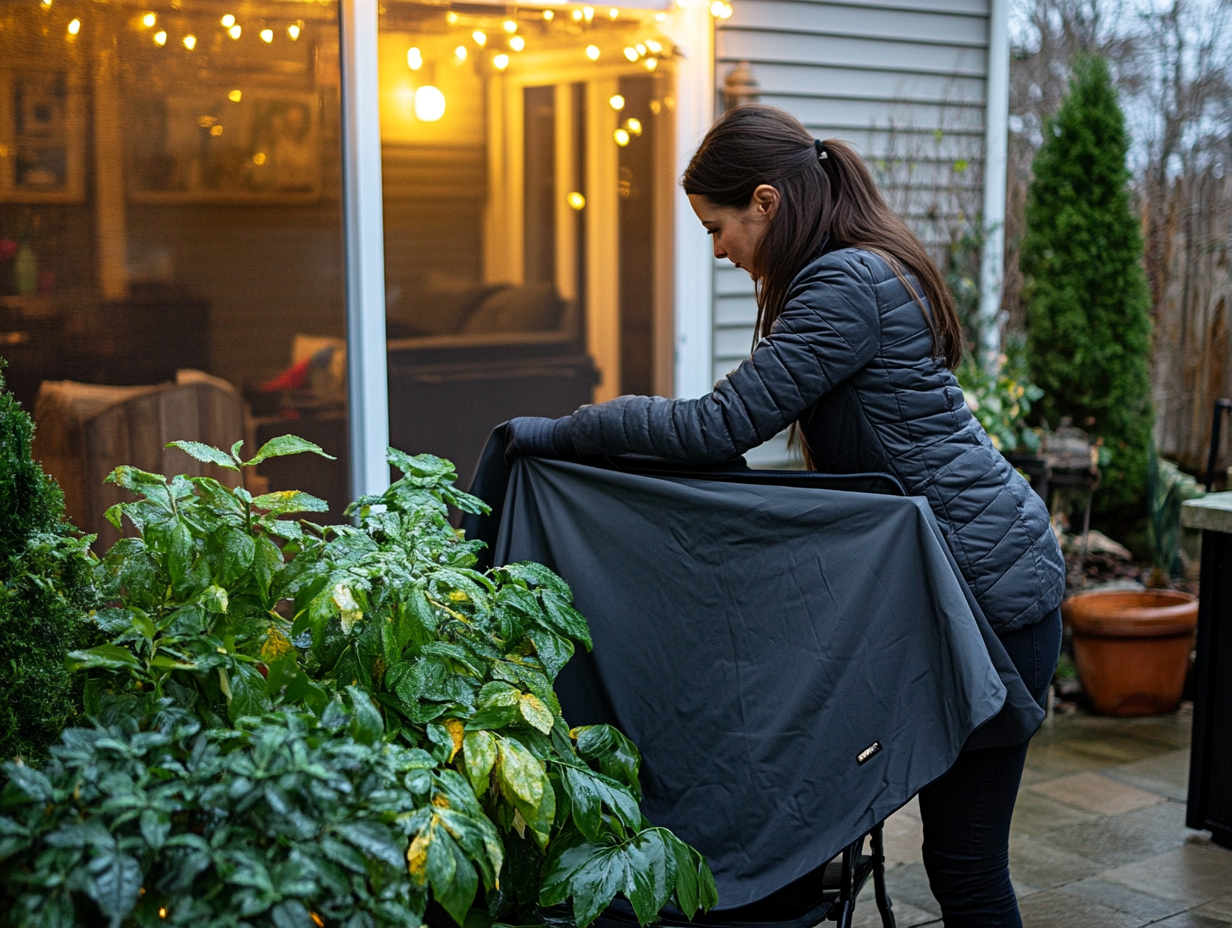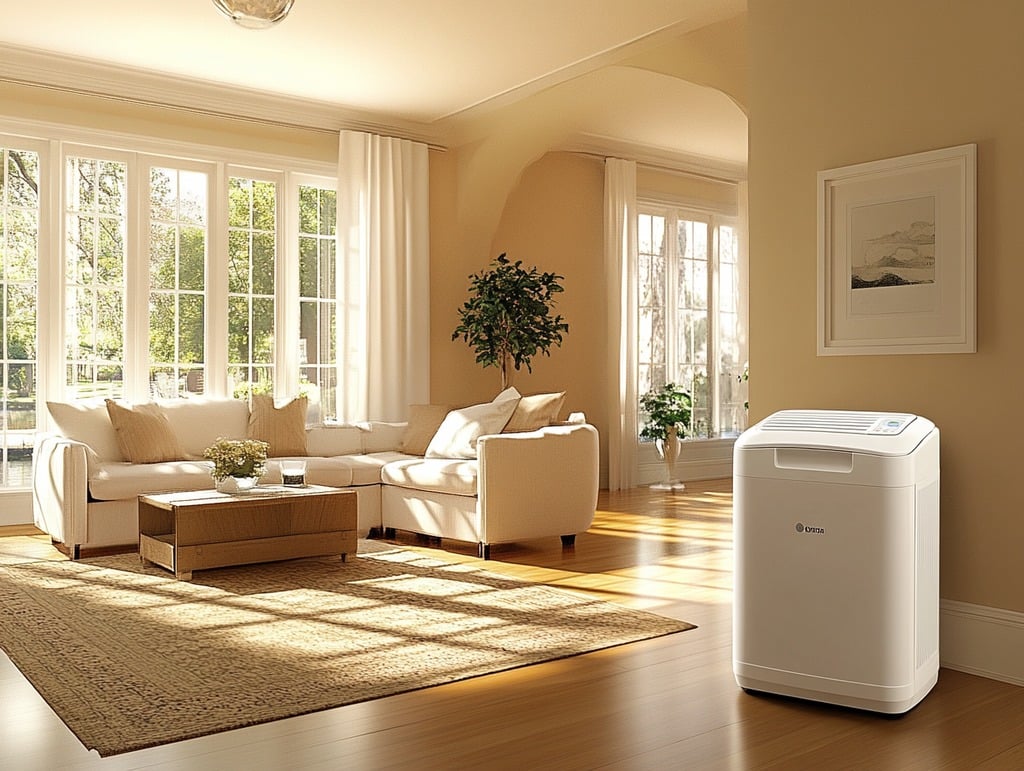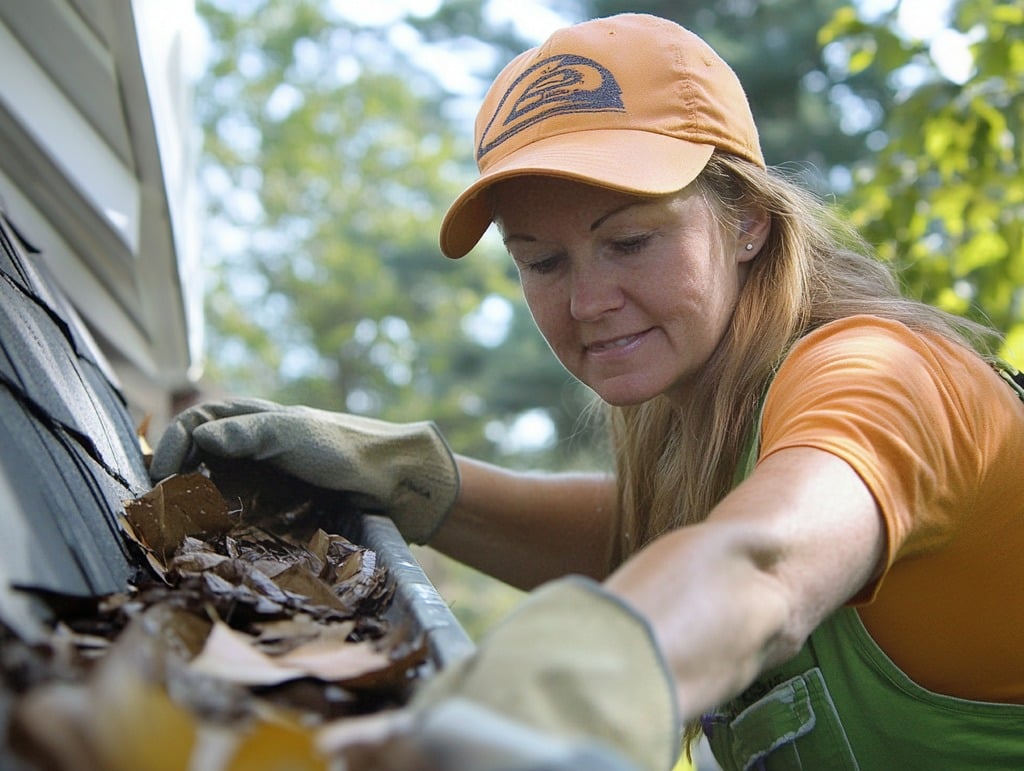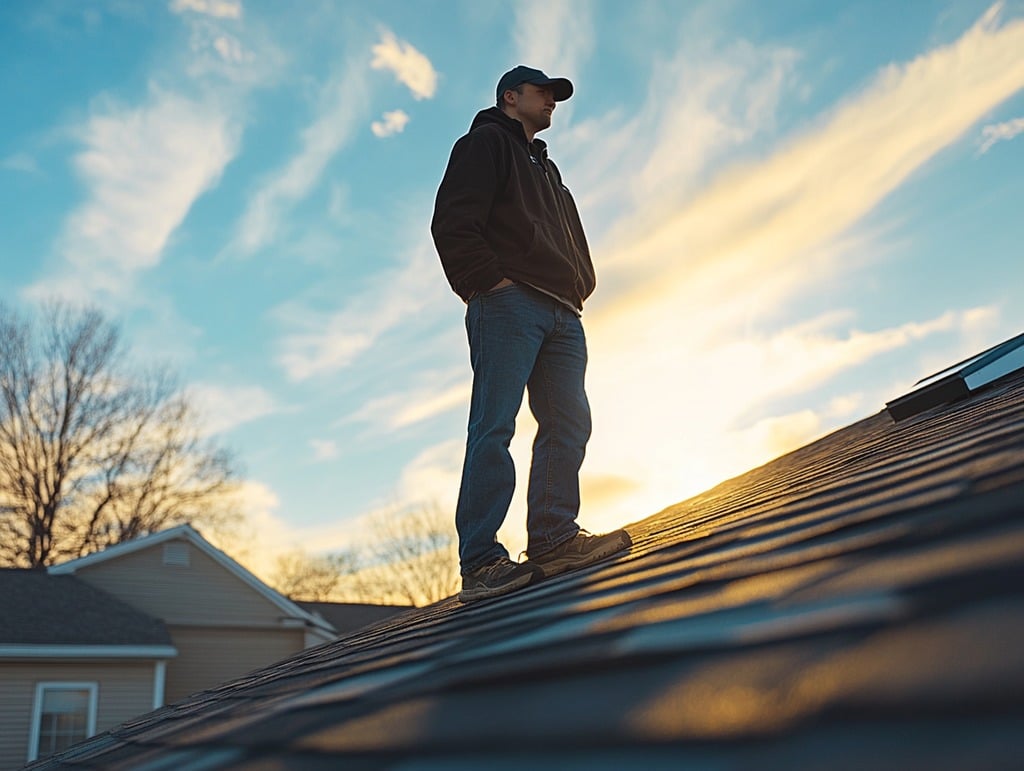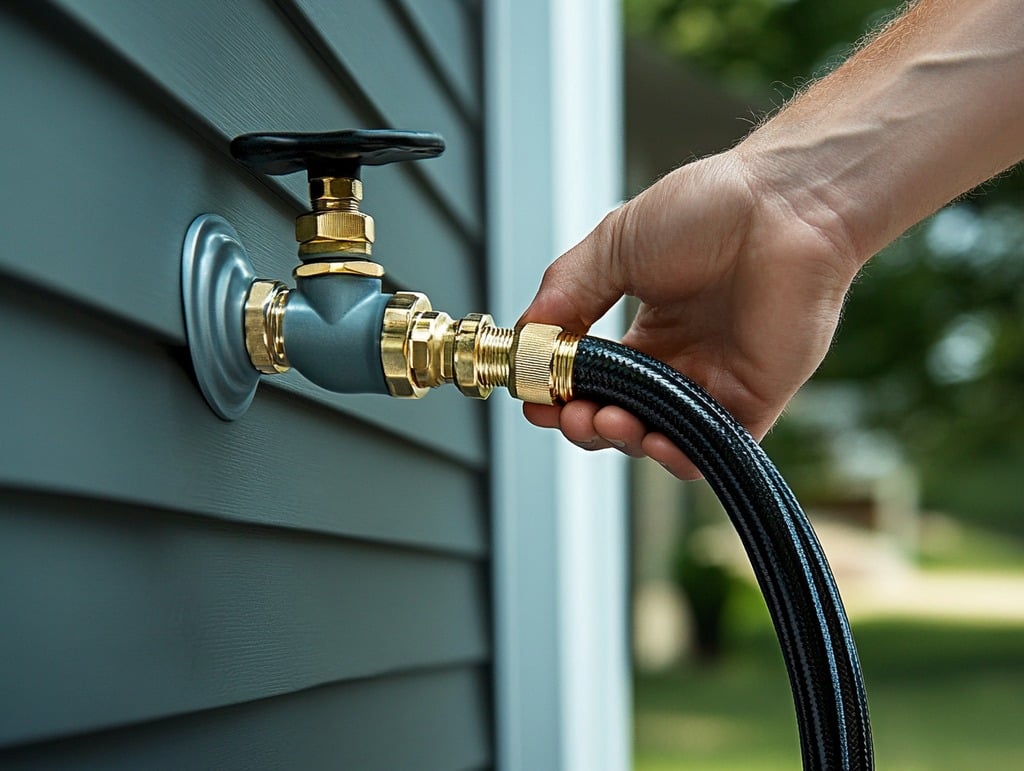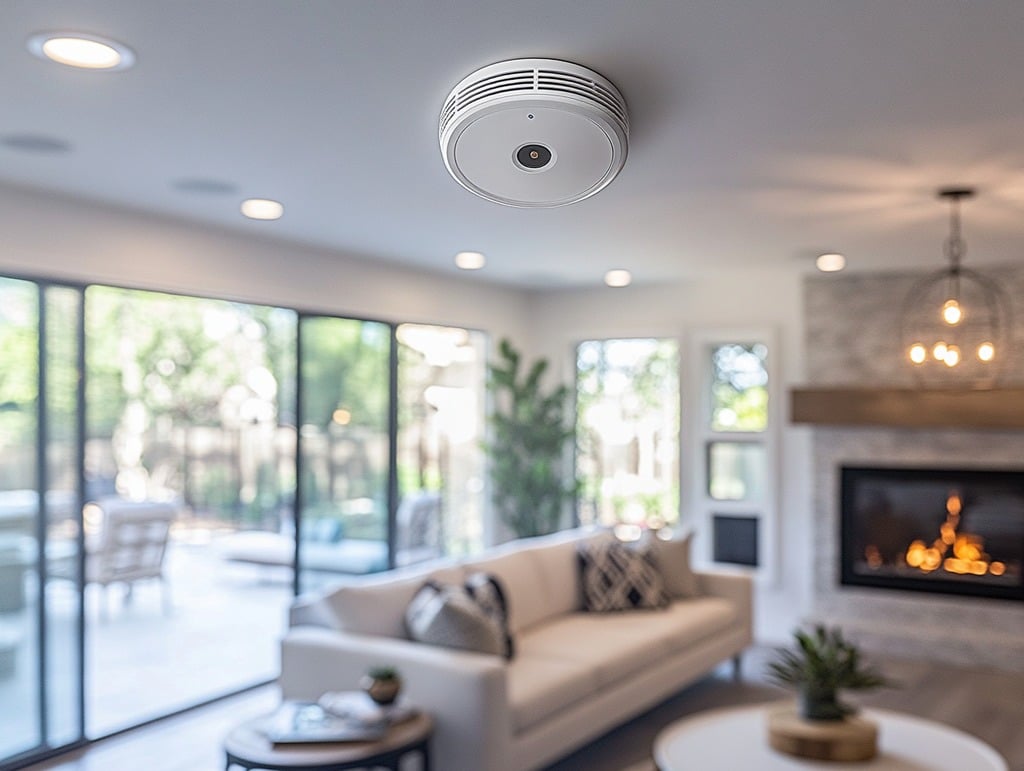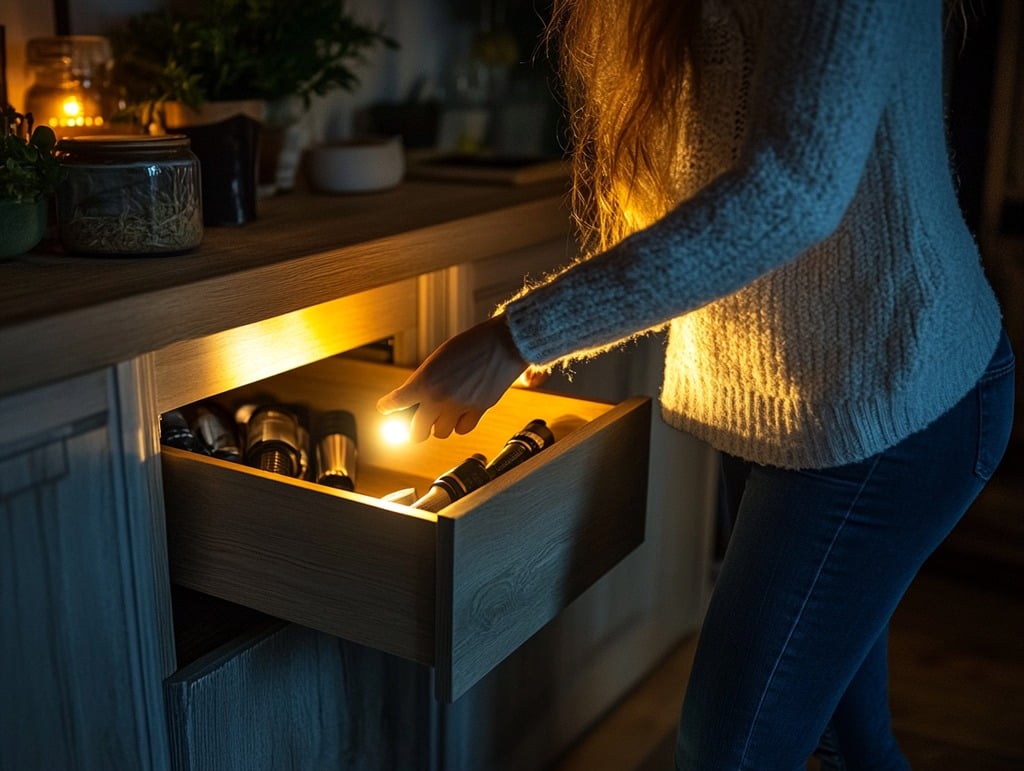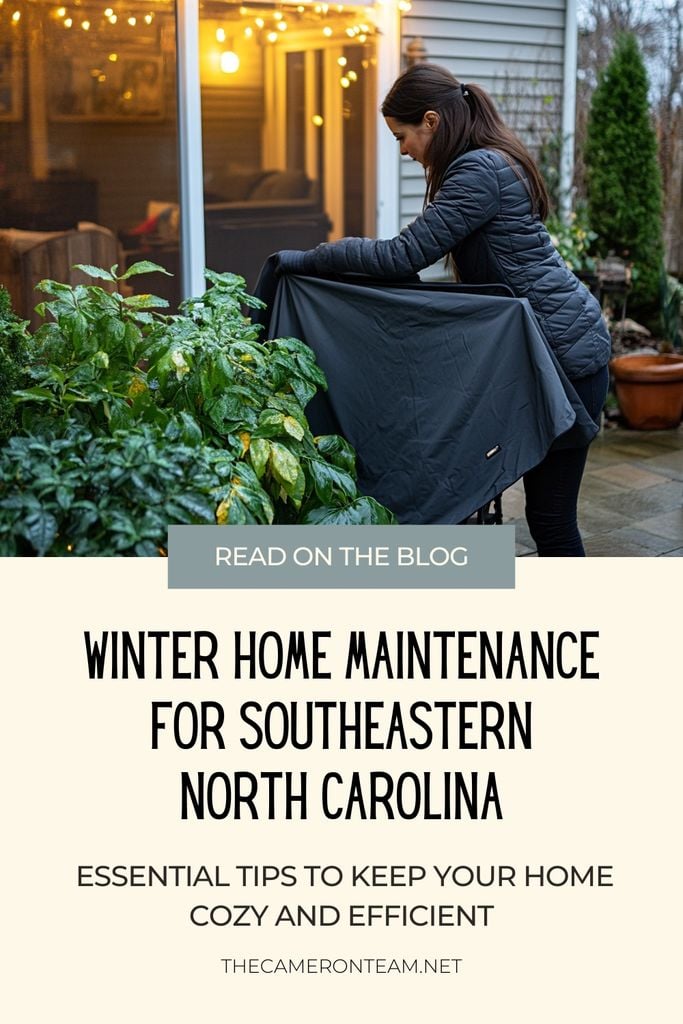Winter in Southeastern North Carolina is a far cry from the icy, snow-filled season you might see up north, but that doesn’t mean you can skip out on seasonal home maintenance! The region may experience milder temperatures, yet the occasional cold snaps, moisture issues, and unpredictable weather can still take a toll on your home. Let’s look at some smart winter home maintenance tips specifically tailored for this part of the Tar Heel State.
Why Winter Home Maintenance Matters in Southeastern North Carolina
In Southeastern North Carolina, winter temperatures are generally mild, often staying above freezing. However, with humidity, coastal winds, and the occasional cold front, homes here face unique seasonal challenges. Ignoring these maintenance needs could lead to moisture problems, inefficient heating, or even long-term structural damage.
So, what should homeowners in this region focus on during winter? Here’s a rundown of essential tasks to keep your home comfortable, efficient, and well-protected.
1. HVAC System Check-Up
One of the first things you should tackle is your HVAC system. Winters may be mild, but a properly functioning heater can make all the difference when the temperature dips.
- Replace Air Filters: Changing your HVAC filters monthly during the winter season ensures optimal airflow and efficiency.
- Schedule a Tune-Up: Consider having a professional inspect your heating system. This is particularly important in coastal areas where salt air can lead to corrosion.
- Check Thermostat Settings: Programmable thermostats can save you money by adjusting temperatures when you’re asleep or away from home.
By making sure your HVAC is in top shape, you’ll avoid surprise breakdowns and enjoy more consistent indoor temperatures.
2. Seal Up Doors and Windows
Drafty doors and windows can let warm air escape and cold air seep in, which isn’t just uncomfortable—it’s costly!
- Inspect for Drafts: Place your hand around window edges and door frames to feel for cold air. This simple test can reveal areas that need sealing.
- Use Weatherstripping: Applying weatherstripping or door sweeps can prevent air leakage, keeping your heating costs down and your home warm.
- Consider Window Insulation Kits: If you notice significant drafts around windows, a plastic film insulation kit can act as a temporary solution.
Properly sealed windows and doors mean more comfort and fewer heating bills, even if Southeastern North Carolina winters are mild.
3. Prevent Moisture Buildup
Humidity is part of life in Southeastern North Carolina, and winter is no exception. Excess moisture can lead to mold growth and structural issues, so managing indoor humidity levels is crucial.
- Use Exhaust Fans: Run exhaust fans in bathrooms and the kitchen to prevent moisture buildup, especially after cooking or showering.
- Check Attics and Basements: Mold can grow quickly in damp, dark spaces. Inspect these areas for any signs of moisture and address them promptly.
- Consider a Dehumidifier: If you notice condensation on windows or a musty smell in certain rooms, a dehumidifier can help control indoor moisture levels.
Keeping moisture under control not only protects your home’s structure but also improves indoor air quality.
4. Clean Your Gutters
Even though winter doesn’t bring heavy snow, Southeastern North Carolina often sees plenty of rain. Clogged gutters can lead to water damage and foundation issues.
- Remove Leaves and Debris: Clear out any accumulated leaves or twigs to ensure water flows freely through the gutters.
- Check Downspouts: Make sure downspouts direct water at least three feet away from your home’s foundation. This will prevent soil erosion and potential basement leaks.
- Install Gutter Guards: If you’re constantly battling leaf buildup, gutter guards can help reduce maintenance needs.
By keeping gutters clean, you’re protecting your roof, siding, and foundation from potential water damage.
5. Inspect the Roof for Damage
While Southeastern North Carolina doesn’t typically experience heavy snowfall, winter storms with rain and wind can still damage your roof.
- Look for Missing or Loose Shingles: Check for any signs of wear and tear, as loose shingles can lead to leaks.
- Clear Off Debris: Branches, leaves, and other debris can trap moisture, leading to rot or even pest infestations.
- Trim Overhanging Branches: If you have trees near your home, make sure no branches are too close to the roof. Windy winter weather can cause branches to scrape against shingles, damaging them.
A quick roof inspection can save you from costly repairs down the road.
6. Protect Outdoor Faucets and Pipes
Freezing temperatures may be rare, but it’s still wise to protect your pipes and outdoor faucets in case of a sudden cold snap.
- Disconnect Hoses: Leaving hoses attached can trap water in the faucet, increasing the risk of frozen pipes.
- Cover Exposed Pipes: Pipe insulation covers are inexpensive and can be installed in minutes. Use them for any exposed outdoor pipes.
- Let Faucets Drip: If temperatures do drop below freezing, letting faucets drip slightly can prevent them from freezing.
These small precautions can help you avoid burst pipes and costly repairs.
7. Check Smoke and Carbon Monoxide Detectors
As you use your heating system more often, make sure your smoke and carbon monoxide detectors are fully operational.
- Replace Batteries: Fresh batteries are a must to ensure these life-saving devices are ready in case of an emergency.
- Test Each Detector: Press the test button to confirm that each unit is working properly.
- Consider Upgrading: If your detectors are more than ten years old, it might be time for an upgrade.
Nothing is more important than safety, so this step should be at the top of your list.
8. Prepare for Coastal Storms
While hurricanes are more common in warmer months, Southeastern North Carolina can experience winter storms with strong winds and heavy rain.
- Check Emergency Supplies: Have flashlights, extra batteries, and a basic emergency kit in case of power outages.
- Secure Loose Items Outside: High winds can turn garden furniture and décor into dangerous projectiles. Make sure everything is properly secured or stored indoors.
- Review Your Insurance Policy: Ensure your homeowner’s insurance covers winter storm-related damage, just in case.
Being prepared can make a big difference during unexpected winter storms.
Wrapping Up: Ready for Winter in Southeastern North Carolina?
Winter maintenance in Southeastern North Carolina is all about keeping your home efficient, comfortable, and prepared for the region’s unique weather challenges. While you won’t be shoveling snow or dealing with frozen tundra, taking these steps now can prevent larger issues from arising later.
By giving attention to your HVAC system, sealing drafts, managing moisture, and keeping gutters and pipes in good shape, you’ll enjoy a worry-free winter in your cozy coastal home. So why wait? Grab a checklist, roll up your sleeves, and get started!
FAQs
Q: Do I really need to winterize my home if it rarely freezes here?
A: Yes! Even mild winters in Southeastern North Carolina can bring moisture, drafts, and unexpected cold snaps. A few preventive measures can save you time and money.
Q: How often should I clean my gutters in winter?
A: Ideally, you should clean your gutters once in late fall and check them periodically through winter, especially after storms.
Q: What’s the ideal indoor humidity level for winter?
A: Aim for 30-50% to prevent mold and keep your home comfortable.
Q: Should I cover outdoor plants in Southeastern North Carolina?
A: Covering plants isn’t always necessary, but for sensitive or tropical plants, a light covering during unexpected freezes can help protect them.

